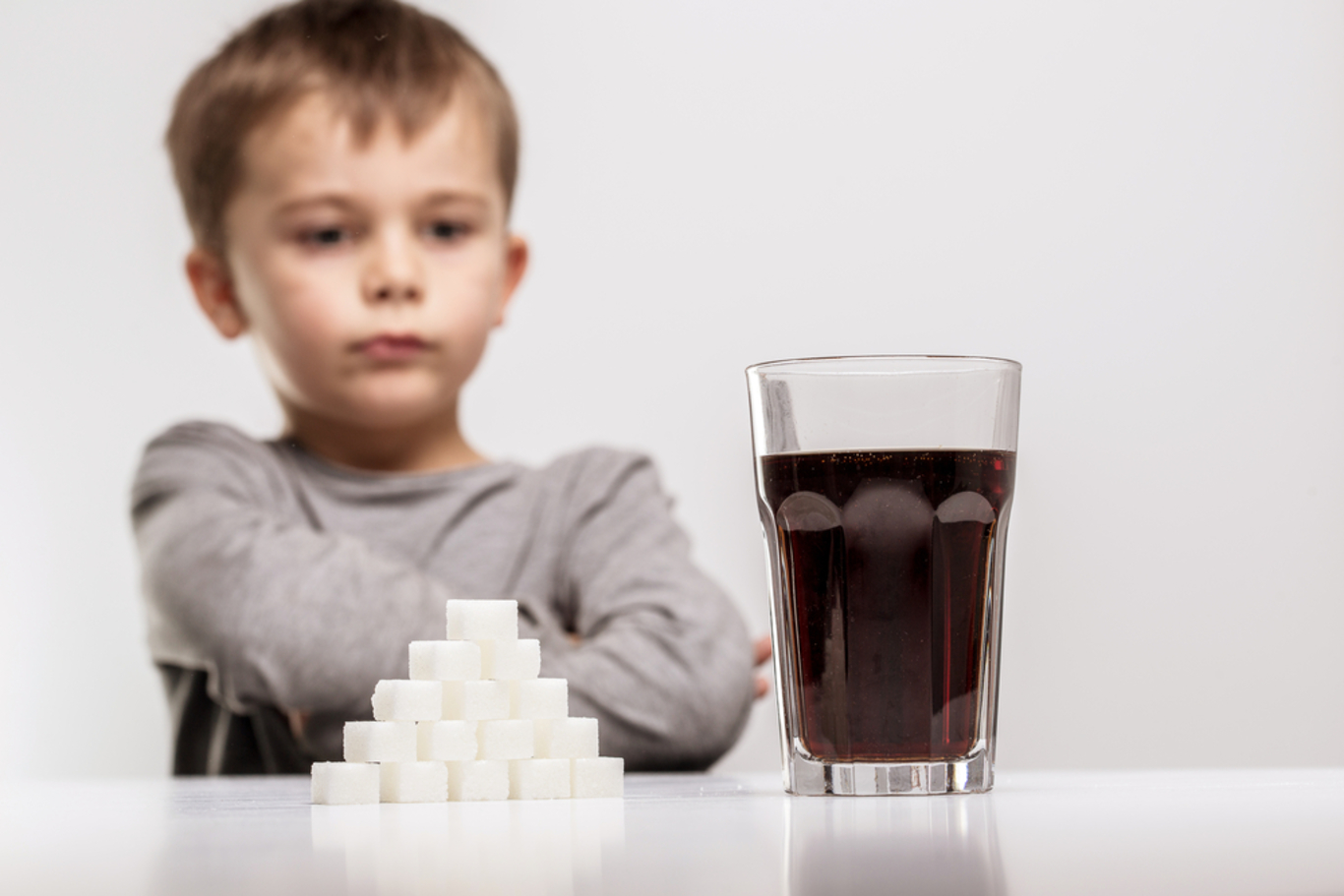Soft drink tax forecasts have been cut as manufacturers switch to a low-sugar diet
Drink producers are reformulating products ahead of the levy next year.
SOFT DRINKS COMPANIES are cutting the amounts of sugar in their drinks in anticipation of the government’s upcoming sugar tax.
Ireland plans to introduce a tax on sugar-sweetened drinks in April 2018, to coincide with the introduction of a similar tax in the UK. Around 685 million litres of soft drinks are sold here every year.
The Minister for Finance, Michael Noonan, said it was originally estimated that the tax would apply to 60% of soft drinks sales – but due to companies changing the recipes for their products, it was now likely to be closer to 50%.
“The soft drinks industry continue to reformulate their products, reducing sugar content, in order to limit their exposure to the tax,” he told the Dáil.
The final tax rate on sugar content has yet to be decided – and could range from 1c to 20c per 330ml can. At the upper end of the range, it would yield €168.7 million for the exchequer.
Noonan said the UK had experienced a similar shift in soft drink formulas and had revised down estimated tax yields from £520 million to £380 million.
He added that while the tax yield will be lower as a result, the impact from a policy perspective was positive.
“The policy is already having a positive impact prior to its introduction, however, this means that the resulting tax yield will likely be less than estimated,” he said.
Effects on diabetes community
Soft drink maker Britvic Ireland, which makes and distributes brands including Club Orange, Mi Wadi and Pepsi in the Republic, reported earlier this year that two-thirds of its products would be exempt from the sugar tax.
“Nearly two-thirds of Britvic Ireland’s sales are now in the low and no sugar segment, substantially mitigating the impacts of the proposed new sugar tax,” the company said at the time.
The Irish Beverage Council, an Ibec subsidiary representing soft drink manufacturers, has dismissed the sugar tax as having “no public health benefit” while hitting consumers and industry with added costs.
Meanwhile, Suntory-owned Lucozade Energy Original was recently reformulated to contain around 50% less glucose-based carbohydrates.
Previously, the drink was widely recommended to Irish people with diabetes due to the high level of glucose.
Diabetes Ireland said this reformulation is not advertised on the bottle and warned people with diabetes to be aware of the change.
Written by Cliodhna Russell, with additional reporting by Peter Bodkin.






